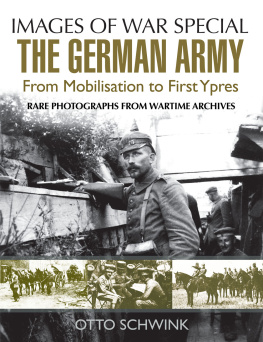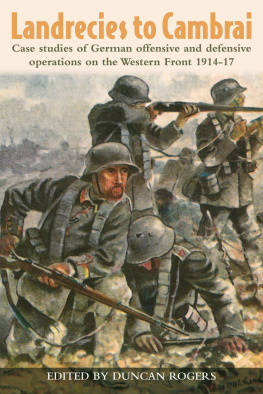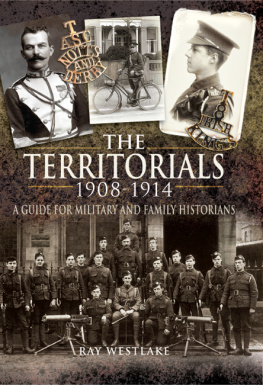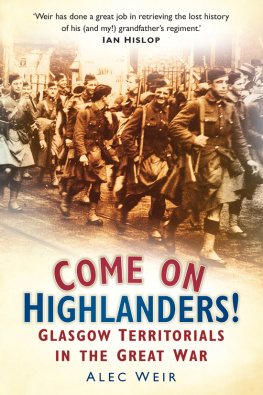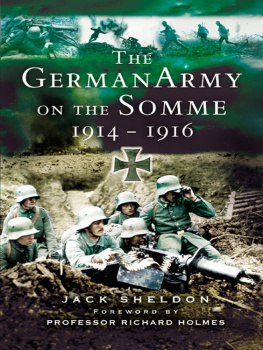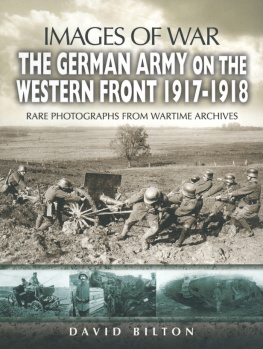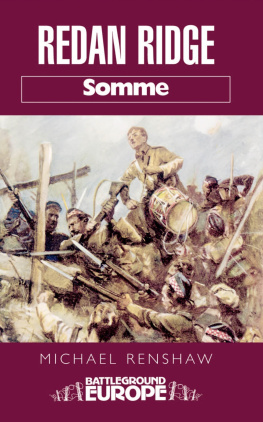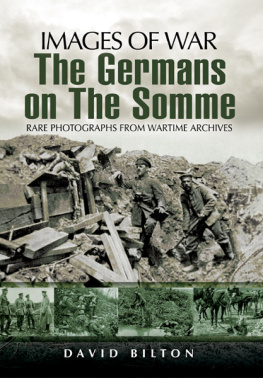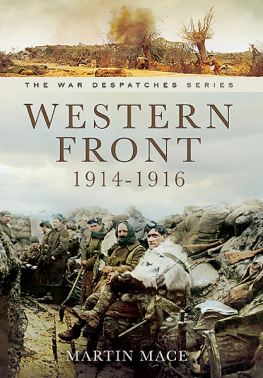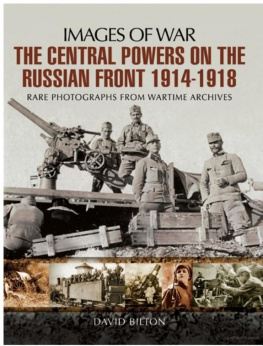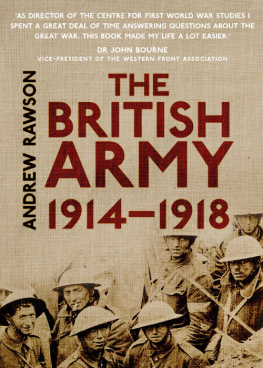Liverpool Territorials in the Great War
Liverpool Territorials in the Great War
Paul Knight
First published in Great Britain in 2017 by
Pen & Sword Military
an imprint of
Pen & Sword Books Ltd
47 Church Street
Barnsley
South Yorkshire
S70 2AS
Copyright Paul Knight 2017
ISBN 978 1 47383 404 0
eISBN 978 1 47388 450 2
Mobi ISBN 978 1 47388 449 6
The right of Paul Knight to be identified as the Author of this Work
has been asserted by him in accordance with the Copyright, Designs
and Patents Act 1988.
A CIP catalogue record for this book is available from the British Library
All rights reserved. No part of this book may be reproduced or
transmitted in any form or by any means, electronic or mechanical
including photocopying, recording or by any information storage and
retrieval system, without permission from the Publisher in writing.
Pen & Sword Books Ltd incorporates the imprints of Pen & Sword
Archaeology, Atlas, Aviation, Battleground, Discovery, Family
History, History, Maritime, Military, Naval, Politics, Railways, Select,
Transport, True Crime, and Fiction, Frontline Books, Leo Cooper,
Praetorian Press, Seaforth Publishing and Wharncliffe.
For a complete list of Pen & Sword titles please contact
PEN & SWORD BOOKS LIMITED
47 Church Street, Barnsley, South Yorkshire, S70 2AS, England
E-mail:
Website: www.pen-and-sword.co.uk
Acknowledgements
This work has only been made possible with the assistance of a large number of people, whether they knew it or not. While writing the book, I was employed by the British Army as the First World War project officer (Operation REFLECT) at Headquarters 42nd Infantry Brigade and HQ North West. This post gave me the opportunity to discuss my ideas and explore the issues of the British Army during the Great War. The Merseyside Branch of the Western Front Association also provided opportunities for exploring and discussing the Territorials and the Western Front, especially during the tour of the Western Front in April 2016. Of particular note were: the Chairman, Peter Threlfall, Judith Beastall, Neil Olsson and Bob Dixon.
Mireille Surridge receives a particular mention for realising that I would be interested in To Answer Dutys Call , and for giving me her copy of the book.
Of the museums, Karen ORourke (also a WFA member) of the Kings Regiment Collection at the Museum of Liverpool and Ian Riley of the Liverpool Scottish Collection have been most helpful. Also, staff at the Canadian War Museum, the Royal Artillery Museum, the Royal Signals Museum and the Royal Logistic Corps Museum have been helpful with answering questions on their specific armies and corps.
The staff of the Imperial War Museum and The National Archives offered great assistance with primary source research.
Thanks should also go to Captain Harry Smedley of 103 Regiment Royal Artillery, who received the Thomas Westwell papers and passed them onto me, which are now with Major Bob Dobson at 33 Signal Squadron. Judith Beastall conducted the additional research on Serjeant Westwell and the authors great uncle, Corporal John Service. Ken Lees (for his research into 9th Kings) and Kathy Donaldson from the Liverpool First World War Research Committee are also thanked for providing a press photograph and further background information into Services award of the Military Medal.
List of Maps
Bellewaarde Ridge
Battle of Loos, showing 5 and 7 Kings Positions
Battle of Loos, showing Green Force
Death Valley, 1916
Guillemont
Attack on Guillemont
Delville Wood
Capture of Ginchy, 9 September 1916
Flers
55th Divisions Positions, Ypres, 31 July 1917
55th Divisions Objectives, Ypres, 31 July 1917
The Battle of Pilckem Ridge, Ypres, 31 September 1917
The Battle of Menin Road, 20 September 1917
German Attacks at Cambrai, 20 November 1917
Battle of pehy (Battle of Cambrai)
275 Bde RFA Positions, AprilJune 1918
The Break-In on the Laventie Front, 9 April 1918
Givenchy, 9 April 1918
Givenchy midnight, 9 April 1918
The Battle of the Lys, 17 April 1918
Givenchy Craters, Summer 1918
55th Divisions Final Advance
Third Army and 57th Division, 819 October 1918
Chapter 1
Introduction
I n August 1914, the War Office very quickly grasped the scale of the unfolding conflict and set about expanding Britains small peacetime army. They went about this in two ways. Firstly, they raised new infantry battalions for the duration of the war Service battalions which would include the famous Pals battalions. The Kings (Liverpool Regiment) raised eight Service battalions that served overseas, the 11th to 14th and 17th to 20th Battalions, the last four being the famous Liverpool Pals. Secondly, they approached the part time Home Defence soldiers of the Territorial Force. At the outbreak of the war, the Territorial infantry of the Kings Regiment consisted of six battalions, and they quickly volunteered for operational service overseas: the Liverpool Scottish fought in Flanders before Christmas 1914, and all battalions were fighting there by early 1915. The Territorials also included a full range of other arms: the Royal Field Artillery (RFA), Royal Engineers (RE) and Royal Army Medical Corps (RAMC); a RE field company and a RAMC field ambulance would serve at Gallipoli from mid-1915.
Crucially, the Territorials had only been trained to defend the UK mainland (legally, they could only be compulsorily mobilised for Home Defence) from 1908, or back to 1859 if you include their previous incarnation as Volunteers.
There were normally two Regular Army battalions in each regiment; one on imperial garrison duties overseas and one on Home Service duties in the UK. When the Home Service deployed overseas (for example, the 1914 British Expeditionary Force), the role of the Territorials was to fulfil their Home Defence role. They were never trained or equipped to fight in a major continental war. And yet large numbers volunteered for just such a task. However, if the Territorials were fighting overseas, who would perform the Home Defence role? While preparing for overseas operations, the Territorials also doubled in size, creating Second Line Territorial units: the invasion threat kept Liverpools Second Line Territorials in the UK until 1917.

Still with the Brigade, 1922. Veterans of the Great War still serving with the Brigade. ( Wadsworth )
Volunteers had served in Overseas Operations during the Boer War. The Territorials are still training in the City today, under their new name of Army Reserve, and they are still volunteering for Home Defence (or UK Ops, like the Cumbria and Lancashire Floods of 2015/6, or the London Olympic Games) and Overseas Ops, in the Balkans, Iraq and Afghanistan.


